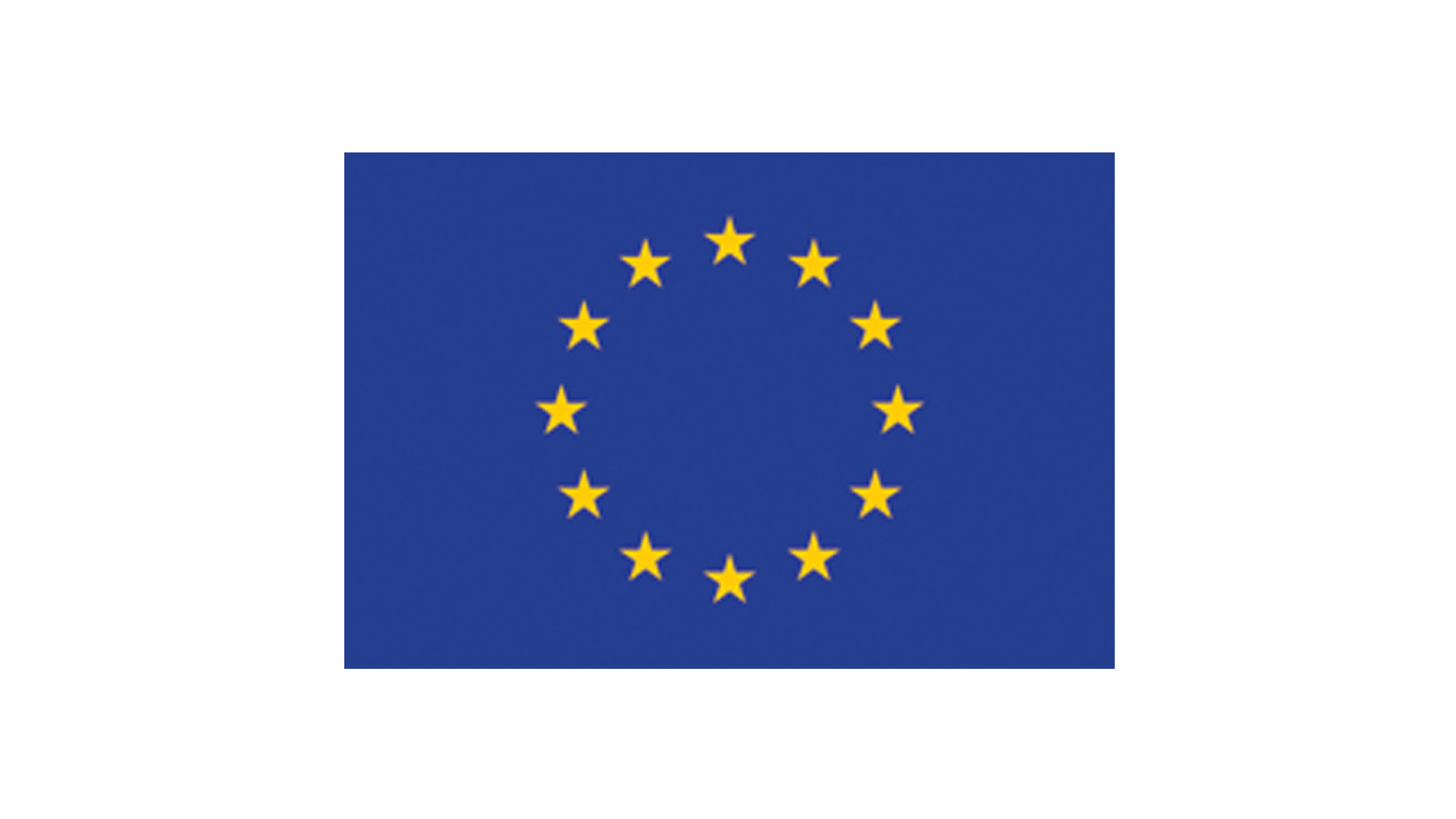ACHILES Project
The aim of ACHILES is to develop a more efficient E/E control system architecture optimized for the 3rd generation of EVs by integrating four new technological concepts.
Firstly, a new wheel concept design will be equipped with full by-wire braking, including a new friction brake concept. Secondly, a centralized computer platform will host the e-drive functionalities and reduce the number of ECUs and networks while fulfilling safety & security requirements. It will support centralized domain controllers required to implement high automation and autonomy concepts, a key requirement for smart mobility.
Thirdly, an out-of-phase control that allows to intentionally operate the electric motor inefficiently to dissipate the excess of braking energy in case of fully charged batteries. As a fourth concept, a new torque vectoring algorithm will significantly improve the vehicle dynamics. The advances proposed will reduce the total cost of ownership by 10% and increase the driving range by at least 11% while increasing range. ACHILES will be tested and verified in a real demo vehicle and in a brand-independent testing platform. The project consortium is another major asset. Audi, one of the technologically most advanced OEMs, will integrate these technologies to a next generation of EVs prototype. As a leading supplier, Continental will contribute by the innovative brake system. Elaphe, a leading technology company for e-motor design, will develop the suitable motor technology. TTTech, known for its future oriented network technologies for AI and autonomy-based systems, will be responsible for the networking technology. The academia team consists of the Vrije Universiteit Brussel (Coordinator),
Tecnalia, Ikerlan and Fraunhofer Gesellschaft will provide the technological basis, the modelling, and the algorithms for this challenging endeavor. Finally, IDIADA will conduct the testing and evaluations verifying and proving the achievement of the promised innovation.
This project has received funding from the European Union’s Horizon 2020 Research and Innovation Program under Grant Agreement number 810850.
